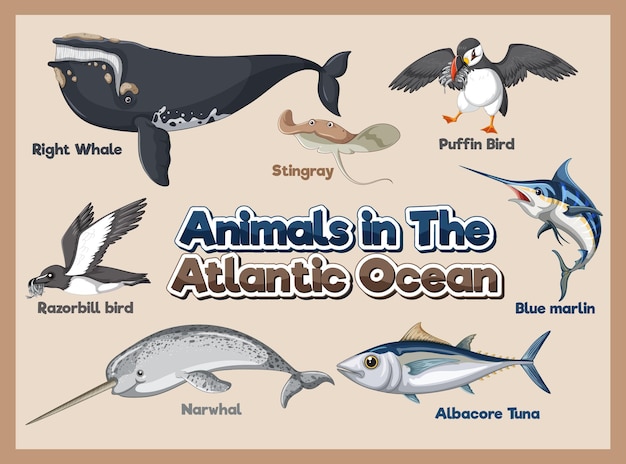10 fascinating facts about whales

Whales are the largest animals on Earth.
The blue whale is the largest whale and is also the largest animal that has ever lived.
Whales are mammals, meaning they breathe air and give birth to live young.
Some whales can live up to 100 years.
Whales communicate through a variety of sounds, including songs that can travel for miles.
The humpback whale is known for its acrobatic displays, such as breaching and tail-slapping.
Whales have been observed forming tight-knit social groups called pods.
Some whale species migrate thousands of miles each year.
The narwhal has a long tusk that can grow up to 10 feet.
Whales have a layer of blubber that helps to insulate them in cold waters.
Whales are not fish, they are mammals that evolved from land-dwelling ancestors.
The sperm whale has the largest brain of any animal.
Whales have been around for millions of years and are believed to have evolved from land-dwelling mammals around 50 million years ago.
Whales play an important role in the ocean ecosystem by helping to regulate the populations of other marine species.
The orca, or killer whale, is actually the largest member of the dolphin family.
Whales have a unique adaptation called a baleen, which allows them to filter feed on tiny organisms.
Some whales can hold their breath for up to 90 minutes.
Whales are found in all major oceans and some species can be found in both warm and cold waters.
10 fascinating facts about whales part 2
The bowhead whale is known for its incredibly long life span, with some individuals living over 200 years.
Whales have been depicted in various cultures’ folklore and mythology for centuries.
Some whales, such as the gray whale, make one of the longest mammal migrations, traveling over 10,000 miles.
Whales are known for their complex social behaviors, often displaying signs of cooperation and empathy.
The blue whale’s heart is so big that a human could actually swim through its large arteries.
Whales are known to breach, or leap out of the water, for reasons that are still not fully understood.
Whales have been known to rescue humans and other marine animals from dangerous situations.
Whales have a special adaptation that allows them to dive deep into the ocean, called a collapsible ribcage.
Whales are thought to have a highly developed sense of hearing, which allows them to communicate and navigate underwater.
The beluga whale is known for its unique white coloration and ability to mimic human speech.
Some whales, such as the minke whale, are known for their curious and playful nature around boats.
Whales have been hunted for their blubber, oil, and bones, but today they are protected by various international laws.
Whales, especially the sperm whale, were the inspiration behind the famous novel Moby-Dick by Herman Melville.
Whales have been studied by scientists to better understand their behavior and conservation needs.
Some whale species, such as the right whale, have distinct callosities on their heads that can be used for individual identification.
Whales are known to breach, or leap out of the water, for various reasons, including courtship, play, and communication.
The blue whale can consume up to 4 tons of krill, a tiny shrimp-like animal, in a single day.
Some whales, such as the gray whale, have been known to interact with humans in a friendly manner, allowing themselves to be petted.
Whales are known to exhibit complex hunting strategies, such as bubble-net feeding, where a group of whales create a circle of bubbles to corral fish.
The humpback whale’s songs can last up to 20 minutes and can be heard by other whales miles away.
Whales are highly intelligent creatures, with some researchers suggesting they may have their own complex language.
The blue whale’s tongue alone can weigh as much as an elephant.
Whales, especially humpback whales, are known for their unique and intricate courtship behaviors, such as breaching and tail-slapping.
Whales have been the subject of scientific research for decades, helping scientists gain insights into ocean health and conservation.
The baleen plates in a whale’s mouth act like a sieve, allowing them to filter out water and keep the food trapped inside.
Whales, such as the orca, are known for their social structure and strong family bonds.
Whales play a crucial role in the carbon cycle, as their feces, which is rich in nutrients, helps to fertilize the surface waters of the ocean and promote the growth of phytoplankton.